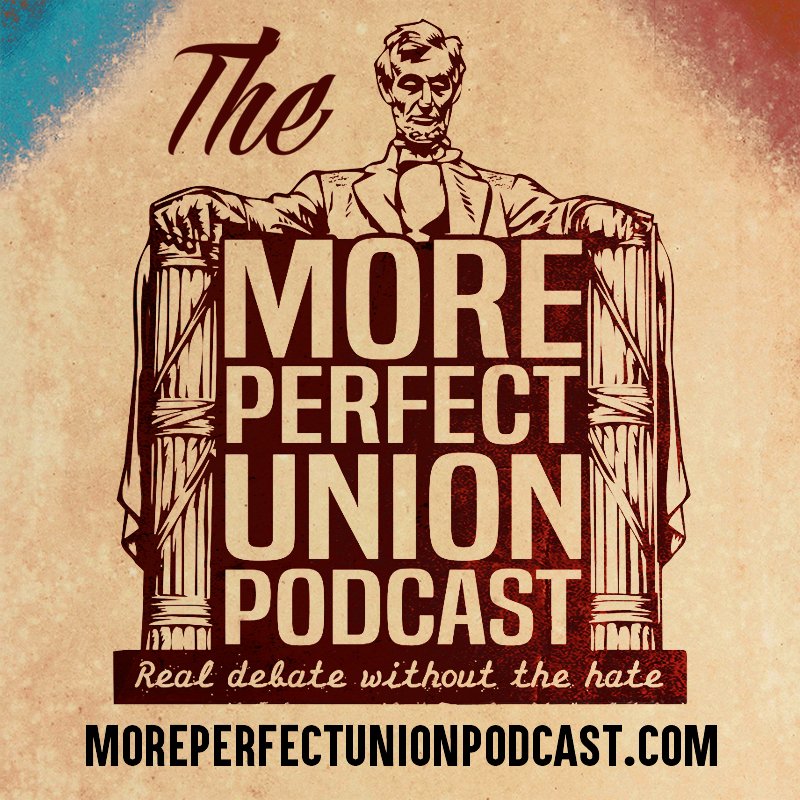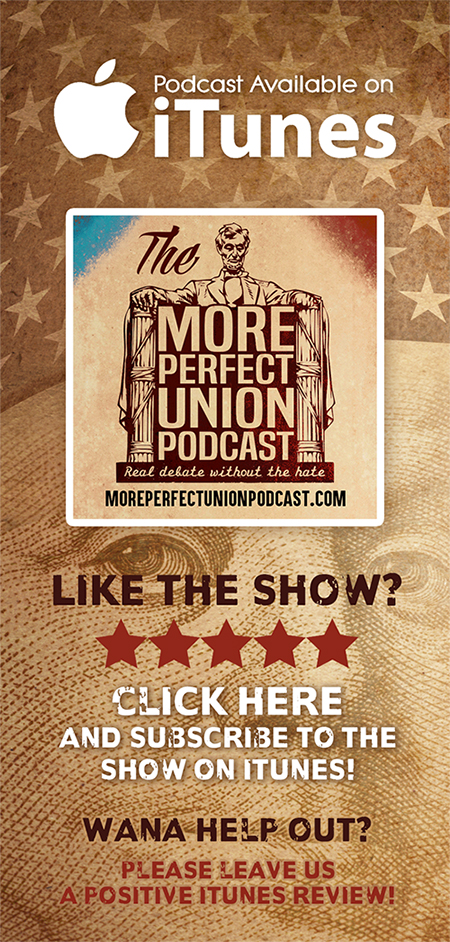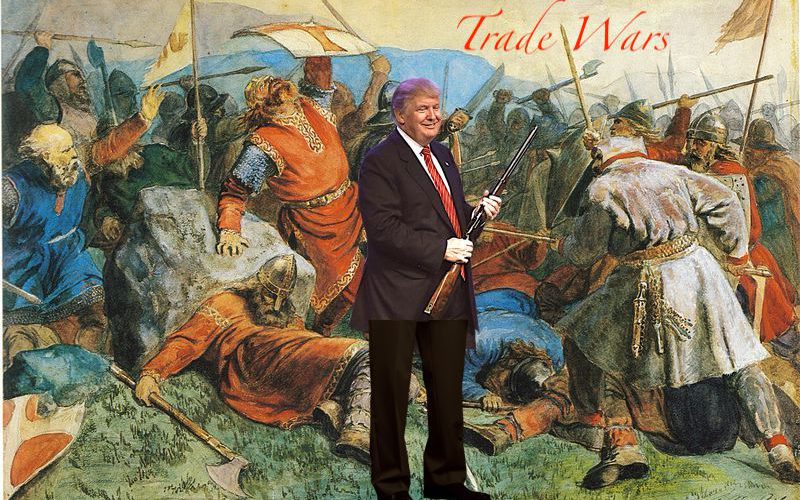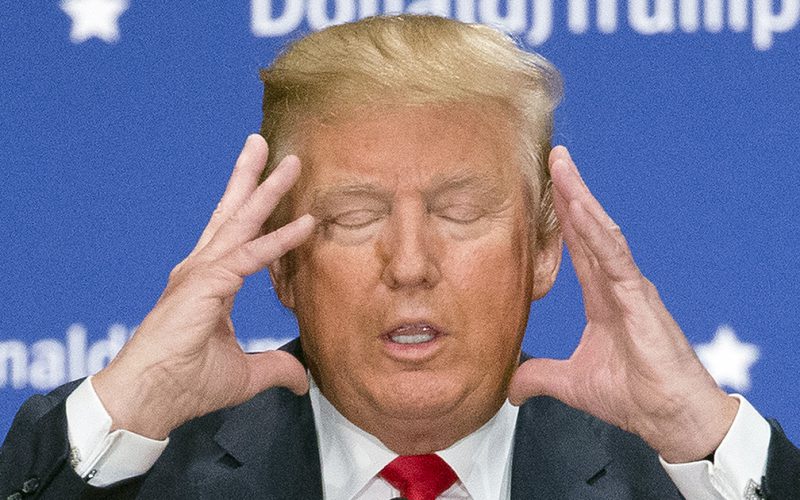In Defense of Freer Trade
by D.J. McGuire
As we careen towards another presidential election, one of the issues that has been once again shunted to the side is international trade. This is a mistake, especially for Democrats looking to expand their coalition (or hold the expansions achieved in last year’s Congressional election). Before we get to that, however, we must revisit why protectionism is wrong, and freer trade is better for Americans and for everyone else.
America has had a conflicted history when it comes to trade. One would presume that protectionism had an advantage when tariffs were our primary source of revenue. In fact, protectionists in the nineteenth century preferred tariff rates so high that revenue would fallbecause imports would so low. Indeed, it was just such an economic platform that enabled the Republicans to win the election of 1888 (despite losing the popular vote) and enact the McKinley Tariff. It is the most common historical marker Donald Trump uses in his own speeches when he defends his protectionist outlook.
Here’s what he doesn’t mention: the tariff was so unpopular that the Republicans lost half their House seats in the election of 1890 (including McKinley’s) and the Democrats took back the White House in 1892. By the time McKinley returned to national politics (as the Republican nominee for President in 1896), he had remade himself as a defender of the gold standard.
A generation later, the Republicans once again forgot the economics of freer trade – and the rest of us suffered the consequences. The Smoot-Hawley tariff of 1929 is still mentioned in Economics classes today as an example of short-sighted policy. It either caused or exacerbated the Great Depression (depending upon which economist is talking). The political effects were also acute: the Republicans were denied a Congressional majority for the over a decade and a half, and after Hoover’s defeat in 1932 they would be out of the White House for twenty years. Congress became so mired in self-doubt that it handed the presidency de facto legislative authority to reduce tariffs (before taking it back under Trade Promotion Authority in the 1970s).
Thus was the “free trade” consensus established, a consensus that started fraying when the Democrats began flirting with protectionism in the late 20th century (before the Clinton era), and is now in serious trouble due to the populist takeover of the GOP. While I prefer to use the term “freer trade” (fully “free trade” is an impossible absolute), I am deeply concerned about the protectionist retaking control of the Republican Party, for reasons both economic and political.
Economically, freer trade means more options for Americans and more efficient markets for them. Please note, I did not limit those benefits to America “consumers” – and for good reason. The first tariffs Trump imposed in 2018 were on steel and aluminum, which hits firms across the country with higher production costs. Those costs led to jobs unfilled, products unmade, services not offered, and prices increased.
Those are the direct impacts of tariffs on inputs, but tariffs on goods and services also damage economies indirectly. Higher prices on these goods and services lowers both Americans’ standards of living and their savings balances. Less money saved means fewer funds available for business to invest in themselves. Once again, that leads to jobs unfilled, products unmade, and services not offered.
So why does protectionism still seem so popular among the populist right and the American left? Status quo bias is certainly a part of it. The opportunity cost of protectionism is the loss of jobs and growth not yet seen, compared to disruptions that are easily seen. Trump’s behavior on the “Carrier deal” before he took office is a class example. As I noted at the time, “saving” jobs in one area costs jobs in another (and worse), but those costs are less visible.
Or at least they wereless visible. In the social media era, with access to information much easier, we are seeing more discussion of the overall effects of tariffs. What once required the ability to follow several academic journals now requires little more than following Scott Lincicome. Meanwhile, Boeing’s recent problems have been another revelation on the advantages of freer trade: greater choice of products, services, and inputs – or, as Jane McManusput it: “Was never so relieved to see ‘Airbus’ on my upcoming booking.”
As for the politics of trade, that, too is changing. As Trump increasing rebrands the GOP as the protectionist party it once was in the 1880s and in the 1920s, supporters of freer trade are finding Democratic voters far more receptive to their ideas than certain Democratic elected officials (Pew Research). Even in 2016, a majority of Democratic voters approved of free trade agreements, despite neither of the two major contenders for their nomination openly supporting them. Indeed, the 45% of Americans who supported freer trade agreements only found one November candidate who agreed with them on that issue – and that was Gary Johnson. Democrats looking to be the nominee in 2020 should take note of what the party’s voters actually believe on trade – rather than what protectionists in the party are telling them.
First and foremost, though, those of us who know the damage protectionism can do must speak out against it and ensure the arguments for freer trade are heard – and that is why this post is here.
D.J. McGuire – a self-described progressive conservative – has been part of the More Perfect Union Podcast since 2015. He is also a contributor to Bearing Drift.









